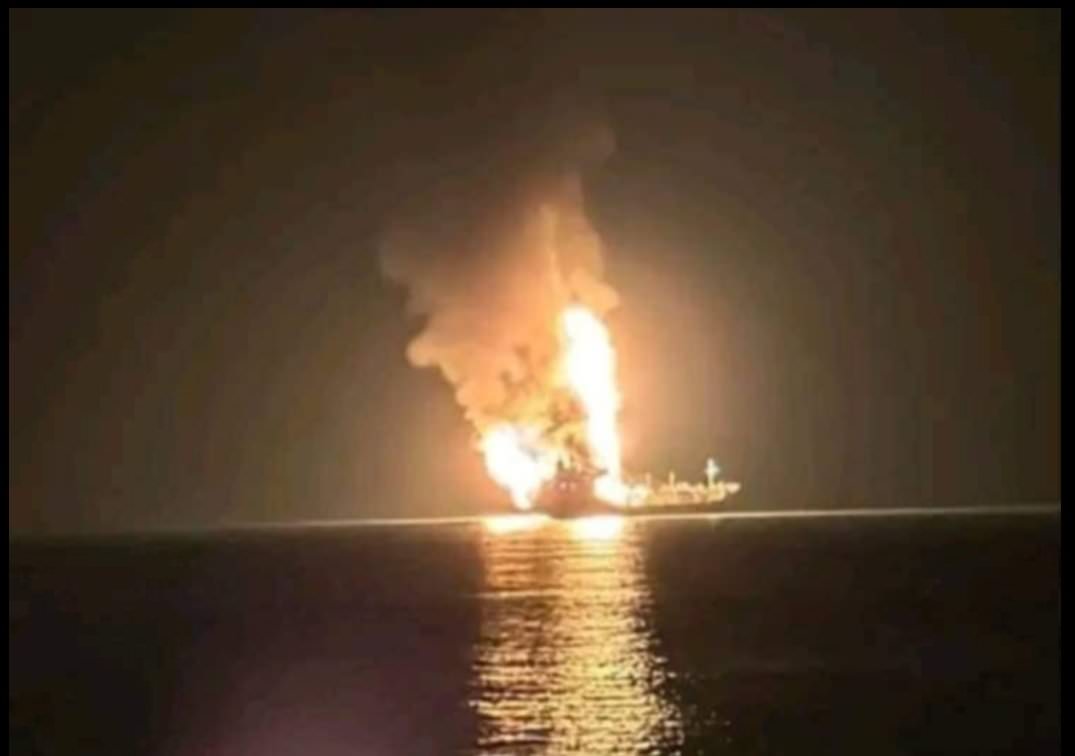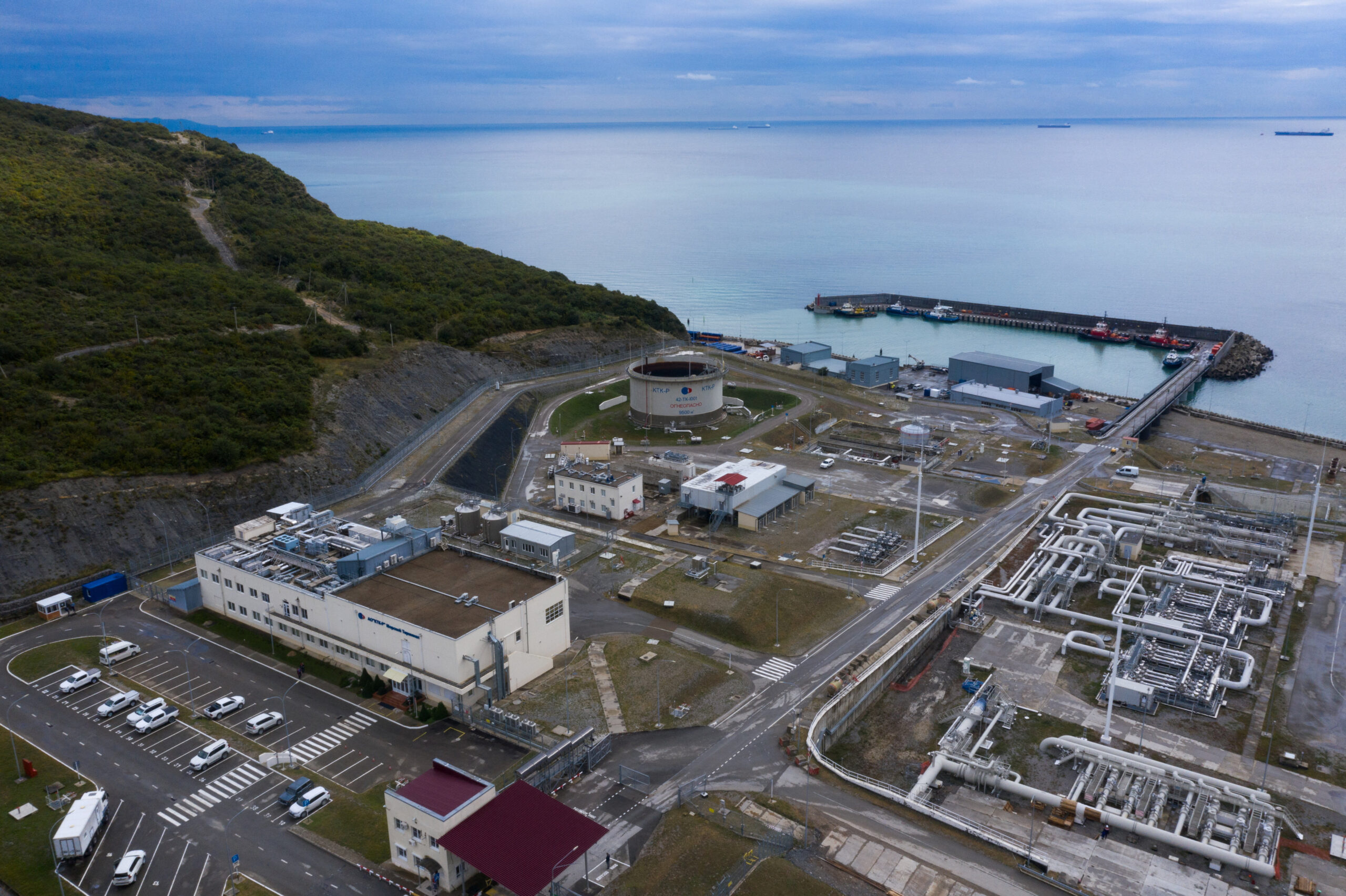In a dramatic scene off the coast of Bangladesh, two liquefied petroleum gas (LPG) carriers erupted in flames during a cargo transshipment operation on Sunday. Fortunately, injuries were averted thanks to quick intervention by the Bangladesh Navy and Coast Guard, but the incident has once again shined a spotlight on the murky safety and operational standards of vessels involved in transporting sanctioned oil and gas.
The vessels in question were identified as the 78,500-cbm Very Large Gas Carrier (VLGC) Captain Nikolas, built in 1992, and the 6,500-cbm fully pressurized gas carrier B-LPG Sophia, built in 1997. Both ships have changed hands multiple times in recent years, operating under various flags of convenience while flying under the radar of international scrutiny.
Reports from local Bangladeshi media indicate the fire broke out as the two vessels were separating after completing a lightering (discharging cargo) operation. Senior crew members on board both ships confirmed to authorities that the flames started during the disconnection process.
According to the Bangladesh Coast Guard’s Eastern Zone, which oversees operations in the Chittagong area, the crew aboard the Captain Nikolas were able to bring the fire under control before it caused significant damage. However, the situation was more dire on the B-LPG Sophia, where all 18 crew members, along with mooring gangs and security personnel, were forced to abandon ship. They were later rescued by a nearby tugboat.
Thankfully, no casualties were reported, and by Sunday afternoon, the fire on the B-LPG Sophia had been extinguished. The ship has since been moved to a safe anchorage for further inspection.
The Captain Nikolas, a Cook Islands-flagged vessel owned by Panama-registered Folegandros Maritime, is managed by Aspero Ship Management. Operating from the UAE, Aspero faces accusations from the American watchdog group United Against Nuclear Iran (UANI) of transporting sanctioned Iranian LPG, which the company denies.
Also Read: US Deepens Iran Sanctions After Israel Attack
This isn’t the first time the Captain Nikolas has been at the center of controversy. In June, the ship’s crew was abandoned in Sharjah, with 25 crew members, including 18 Ukrainians, left unpaid for three months. While International Labour Organization (ILO) records show that wages have since been settled, the episode highlights the dismal conditions many crews face aboard such vessels.
“Such illegal import of LPG has been going on for the last couple of months,” an LPG importer told The Daily Star last week. “If the authorities take the initiative to check the Certificate of Origin directly, it will be easier to get the real picture, said another LPG importer.”
The B-LPG Sophia, meanwhile, is registered with Atlantis Gas DMCC, a Dubai-based entity, and managedby a small company out of Singapore. However, Tradewinds reports the listed address for Neptune leads to a ship chandler, raising questions about the true nature of the company’s operations.
Adding another layer of intrigue, the Captain Nikolas has been accused by the LPG Operators Association of Bangladesh (LOAB) of misreporting its cargo’s country of origin. LOAB claims the vessel was transporting Iranian LPG disguised as another nation’s product, a charge that has stirred controversy within the local shipping community. The Business Standard newspaper reported that LOAB had warned the Chattogram Port Authority ahead of the Captain Nikolas’s arrival on October 6th, suspecting the vessel was carrying Iranian-sourced LPG.
According to local news in Bangladesh, the Chittagong Port Authority has established a committee to investigate the cause of the fire. The committee has been given a tight one-week deadline to release initial findings.
While the fires have been extinguished and the immediate danger averted, the incident underscores ongoing concerns over the safety and legality of the “dark fleet” of vessels accused of skirting sanctions and operating in legal gray zones.

 Join The Club
Join The Club











